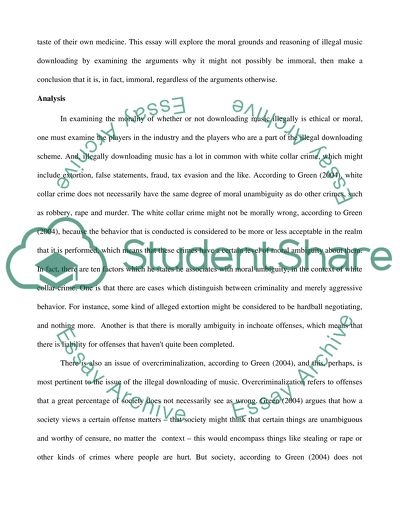Cite this document
(“Cyperethics-copyrights Essay Example | Topics and Well Written Essays - 1500 words”, n.d.)
Cyperethics-copyrights Essay Example | Topics and Well Written Essays - 1500 words. Retrieved from https://studentshare.org/information-technology/1489409-cyperethics-copyrights
Cyperethics-copyrights Essay Example | Topics and Well Written Essays - 1500 words. Retrieved from https://studentshare.org/information-technology/1489409-cyperethics-copyrights
(Cyperethics-Copyrights Essay Example | Topics and Well Written Essays - 1500 Words)
Cyperethics-Copyrights Essay Example | Topics and Well Written Essays - 1500 Words. https://studentshare.org/information-technology/1489409-cyperethics-copyrights.
Cyperethics-Copyrights Essay Example | Topics and Well Written Essays - 1500 Words. https://studentshare.org/information-technology/1489409-cyperethics-copyrights.
“Cyperethics-Copyrights Essay Example | Topics and Well Written Essays - 1500 Words”, n.d. https://studentshare.org/information-technology/1489409-cyperethics-copyrights.


